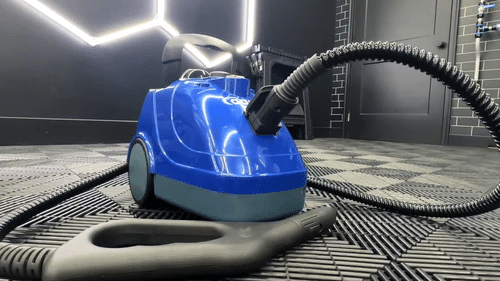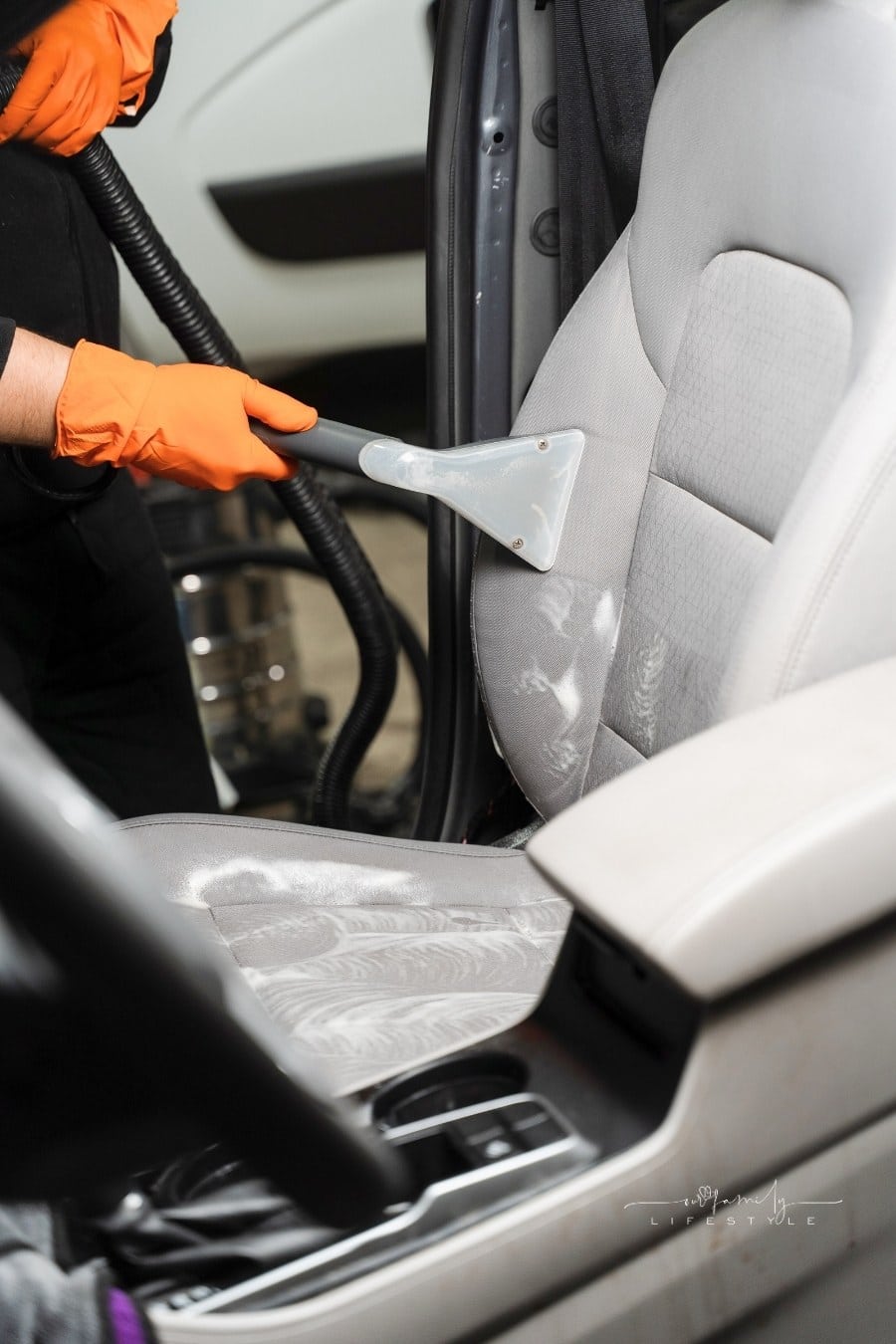Choosing the right vacuum cleaner can be overwhelming, especially when you're deciding between heated and non-heated extractor vacuums.
Both types offer unique benefits and drawbacks, so it’s critical to know what each one brings to the table before making a decision.
Let’s break down the differences to help you make an informed choice.

Cleaning Efficiency: A Heated Debate
When it comes to cleaning efficiency, a heated extractor vacuum generally outperforms its non-heated counterpart.
The presence of heat can break down grime and stains more effectively. Warm water or steam loosens dirt particles, making it easier for the vacuum to lift them from carpets or upholstery.
It’s like washing greasy dishes—warm water gets the job done faster.
On the other hand, non-heated extractors rely solely on mechanical suction and cleaning solutions to remove dirt.
They can be highly effective for regular maintenance but might struggle with stubborn stains. Think of it as trying to clean a dirty skillet with cold water; it requires more elbow grease.
Essentially, if you're often fighting tough stains, a heated vacuum is likely your better bet.
Water Temperature Does Matter
Certain stains are more soluble at higher temperatures.
Heat can drastically improve cleaning efficiency by breaking down chemical bonds in stains. However, this comes at a cost; using heat means you consume more energy.
Additionally, heated extractors may necessitate regular maintenance to keep the heating elements functioning efficiently. This ensures that your investment offers superior performance over an extended period.

Operational Speed and Efficiency: Time is Money
Heated extractors are great for fast cleaning because they lift stains more effectively. You won’t have to go over the same spot multiple times, which is perfect for businesses where saving time means saving money.
However, don’t dismiss non-heated extractors just yet. They might take longer to handle tough stains, but they are generally quicker to set up and easier to maintain.
With fewer parts, there’s less chance of something breaking down, so you spend less time on repairs.
Setup and Maintenance
Heated extractors need time to heat the water to the right temperature, which adds to your preparation time. But this extra time can lead to better cleaning results.
On the other hand, non-heated extractors need less setup time and usually have fewer technical problems. Their simplicity can be very useful, especially if you have a lot of different cleaning tasks to manage throughout the day.
Cost Considerations: Balancing Performance and Budget
Let's talk about costs.
Heated extractors usually cost more because they have advanced features and better cleaning power. They are a good investment, especially if you often face tough cleaning jobs.
Non-heated extractors, on the other hand, are generally cheaper to buy and use less energy. However, saving money upfront might mean you’ll spend more time and effort on cleaning later if the machine isn't as effective in tough situations.
Long-term Investment vs. Short-term Savings
Even though heated extractors have higher starting costs, they can offer better value in the long run due to their efficiency and powerful cleaning. Think of them as an investment rather than just an expense.
Non-heated models are good if you’re on a budget and don’t need extreme cleaning power. If your cleaning needs are moderate and mostly for upkeep, a non-heated extractor could be a cost-effective choice.
Choosing between heated and non-heated extractor vacuums is more than just looking at the price tag. It’s about understanding your specific cleaning needs and how well these machines can meet them.



